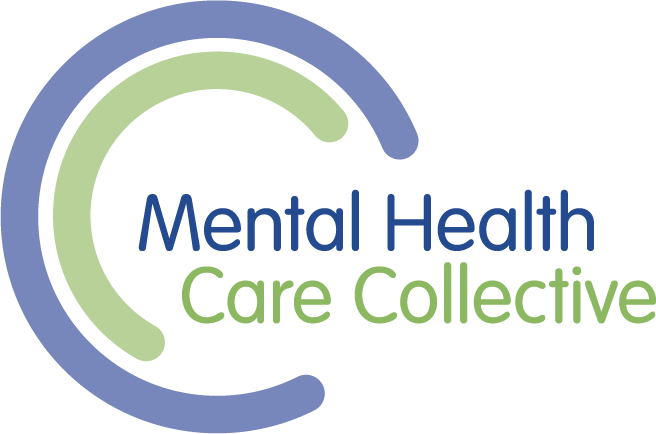‘Morag’ had a long history of mental health problems, including alcohol difficulties, self-harming and depression. She’d been diagnosed with a personality disorder in the past and hated this diagnosis. She was wary of psychiatrists and didn’t know if she really wanted to change her drinking, feeling it was under control. She was troubled by the depressive symptoms though and problems with relationships.
She self-referred to MHCC, but wasn’t sure we could help her. She reluctantly accepted a one-off assessment by one of the professionals, particularly focussed on assessing her risks. It was agreed her initial pathway would be a period of support work with an ELE only, as long as risks didn’t increase to make this unsafe. A combination of email support and face-to-face support meetings fortnightly, for 10 appointments, was agreed. The aim was to support Morag in reflecting on her problems, helping her feel understood and validated, and supporting her to consider what she might want in an ongoing care pathway with MHCC.
Morag’s pathway could develop in a number of ways. If she is motivated and feels able, she may need long-term therapy of 40 sessions or more. The risks of self-harm and alcohol misuse would need to be reviewed and managed alongside this. We may recommend further engagement with NHS addiction services if this becomes the central problem or we may recommend a creative therapy as an alternative means to talking therapy if she finds a talking focus too difficult to engage in. The support work may continue alongside any of the above or may stop after the initial work.

